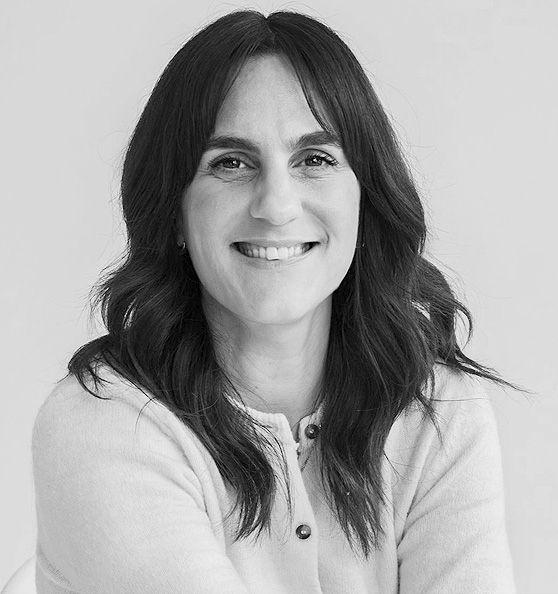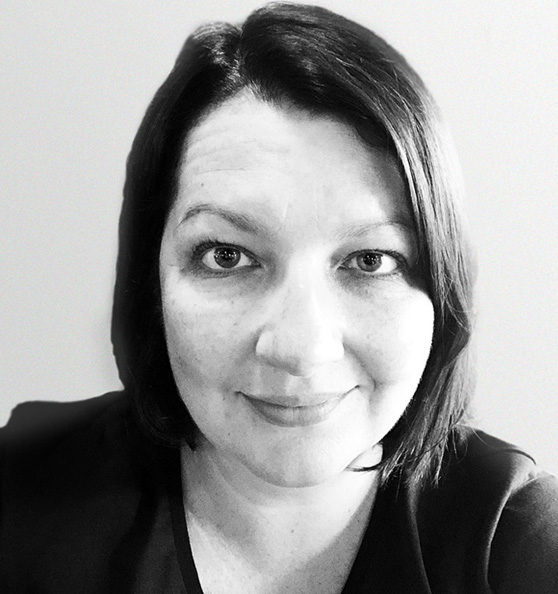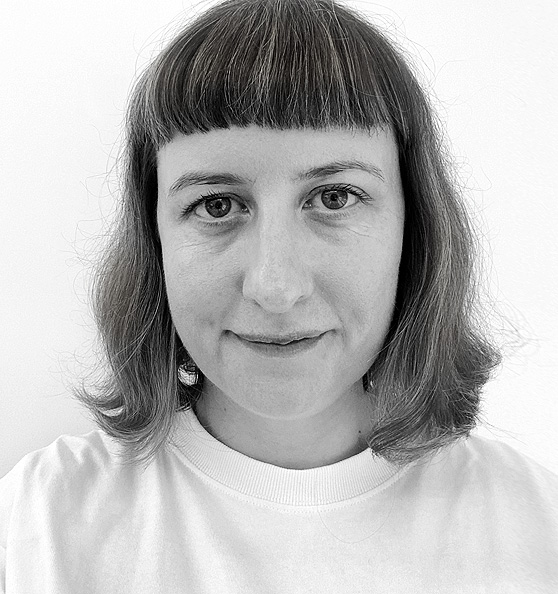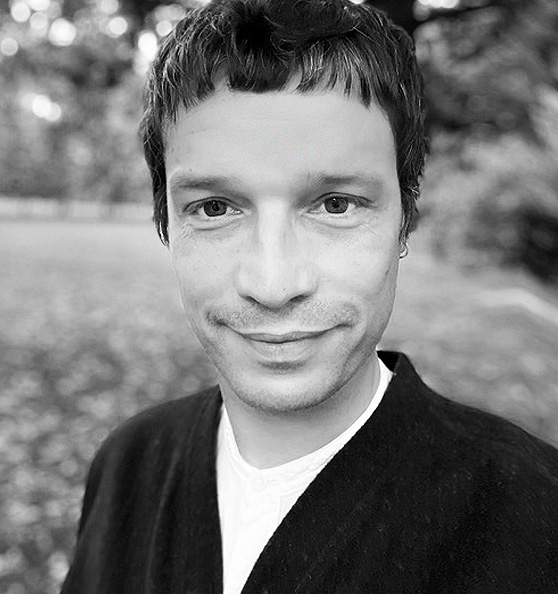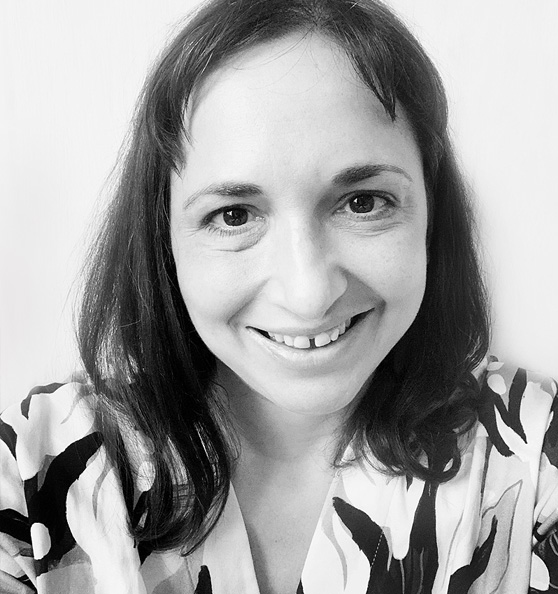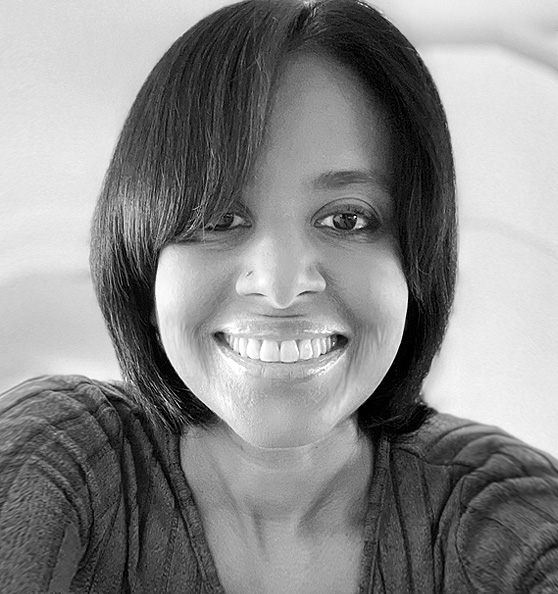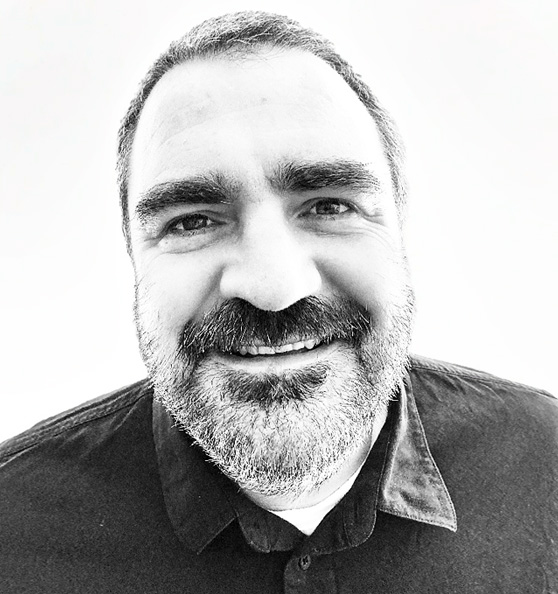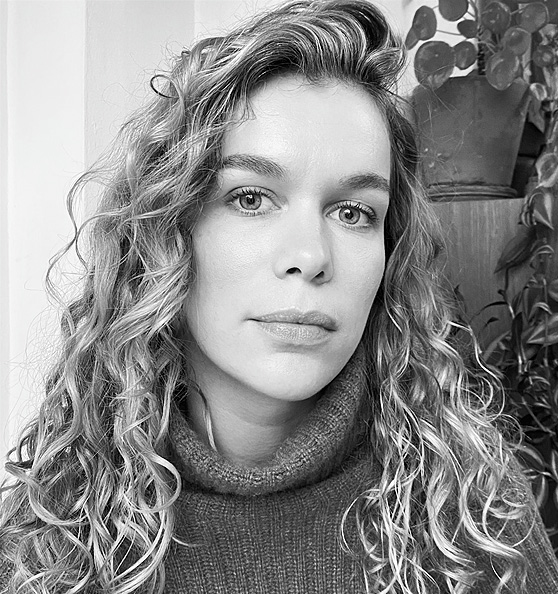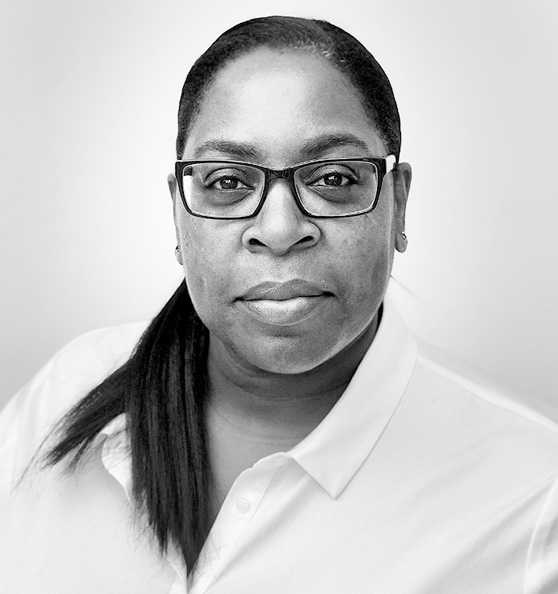What Is Cognitive Behavioural Therapy?: Cognitive Behavioural Therapy (CBT) is a relatively short, highly structured form of talking therapy that focuses on practical solutions to current issues you are experiencing. It looks at changing your cognitive response to situations (how you think) and giving you tools in order to help you change your behaviour and move towards more positive thought patterns.
Your therapist will draw out your feelings and thoughts in relation to specific problems in your life and help you to identify negative or unhelpful patterns. They will then work with you on ‘cognitive restructuring’, a way of adjusting your thoughts to positively influence your feelings and behaviour.
How effective is CBT?: Overwhelming problems can be broken down into more manageable parts, and your therapist will help you focus on setting and achieving short-term goals. Over the course of your therapy, you will learn to apply these small changes to larger situations.
CBT is a highly practical form of therapy. Your therapist might use techniques including journaling, mindfulness, and thinking exercises, and you will probably be set homework tasks to complete between sessions. CBT focuses on problem-solving and often comprises a set number of sessions.
There are a range of related cognitive behavioural therapy modalities rooted in CBT and also a number of behaviour-related therapies that may be included under CBT as well. The different types we offer at HQ Therapy include acceptance & commitment therapy (ACT) and dialectical behaviour therapy (DBT).
***If you feel you need some help with getting therapy contact us using the form at the bottom of this page and someone will guide you through the process.***


















